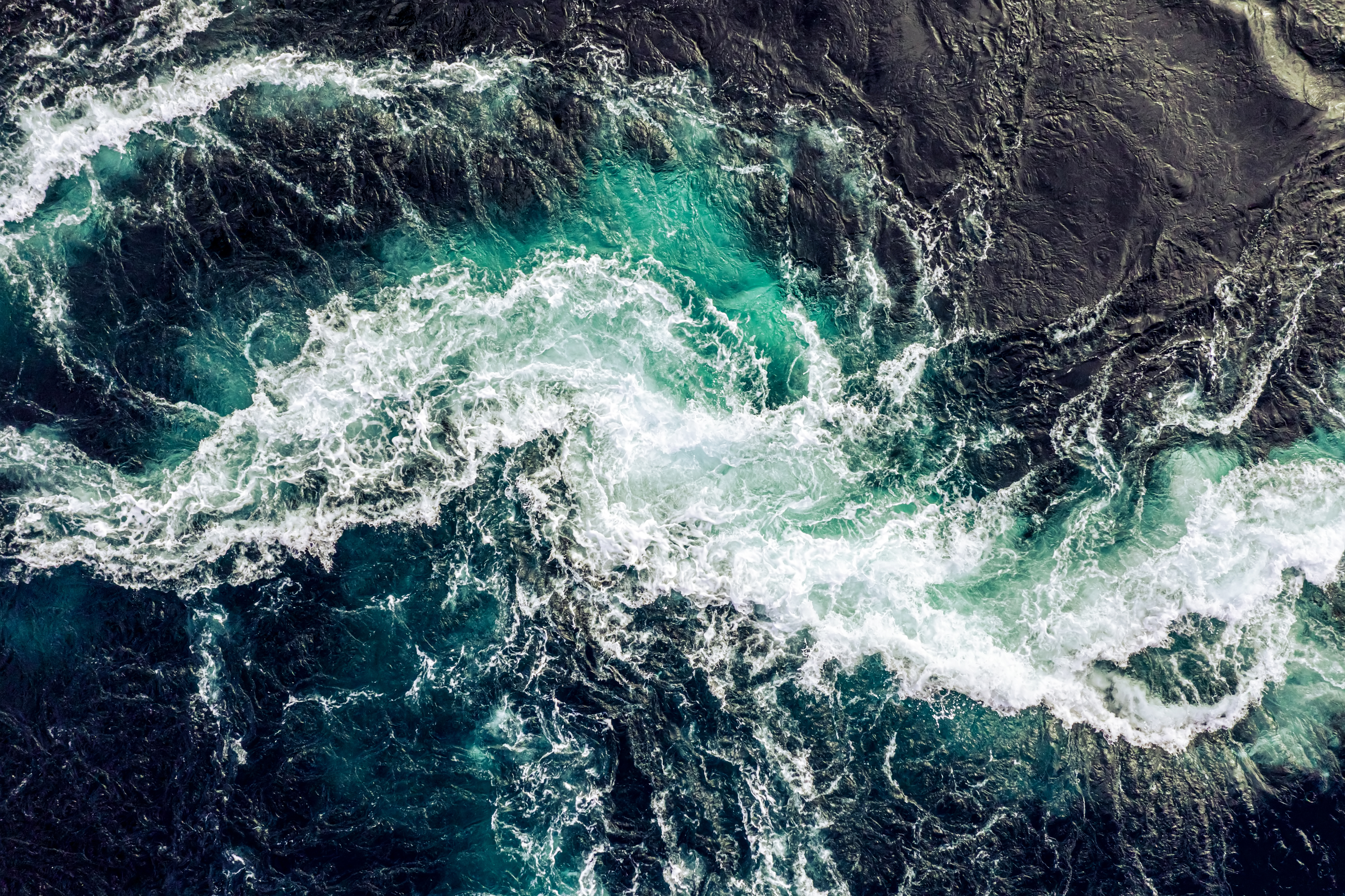The report gives a state of knowledge on the oceans’ role in the carbon cycle, and it also points to the way ahead: research activities and topics to be prioritized.
The report states that emerging carbon issues of paramount importance, related to the environment and society, can be categorized as:
- The ocean as a [changing] sink for human-produced CO2 and its climate change mitigation capacity.
- The vulnerability of ocean ecosystems to increasing CO2 levels and our ability and need to adapt to changing ocean conditions.
Increased levels of atmospheric CO2 accumulated in the oceans, alter seawater chemistry.
This is commonly referred to as ocean acidification.
“These changes will impact the future role of the ocean as a sink for atmospheric CO2 and will alter marine ecosystems in ways that are still under active investigation”, the report states.
The UNESCO’s Intergovernmental Oceanographic Commission (IOC) launched the report on April 27th.
Experts from multiple countries and institutions
NORCE is one of the leading institutions contributing to the UNESCO report, which brought together experts from multiple countries and institutions to discuss the key questions in order to move forward in the field.
– In pre-industrial times the ocean was a source of CO2 to the atmosphere whereas, now it is a sink of CO2 from the atmosphere. We have transformed fundamentally how our seas operate, reversed the direction of the flux, and this may have had a huge impact on how oceans regulate climate on our planet, says climate researcher Richard Sanders at NORCE.
Now the experts propose a joint programme of medium- and long-term integrated ocean carbon research to fill the knowledge gaps in the field.

